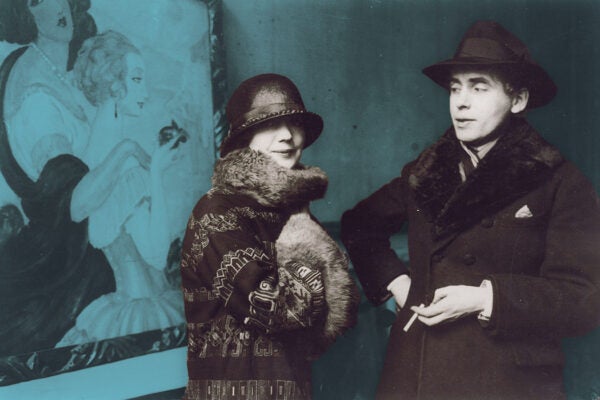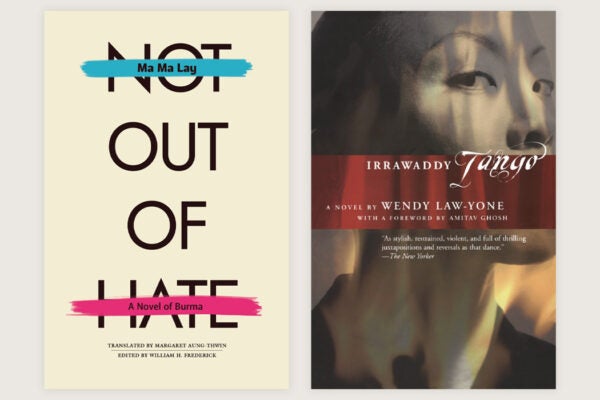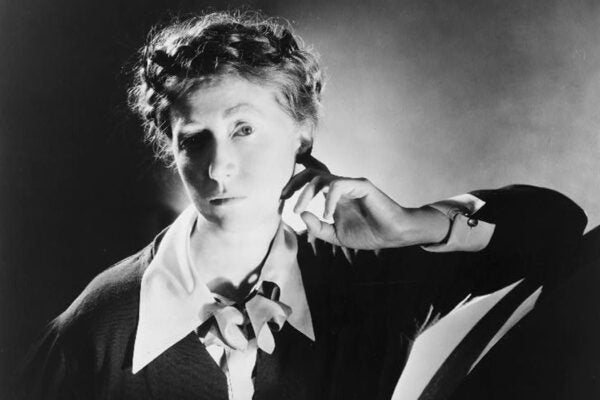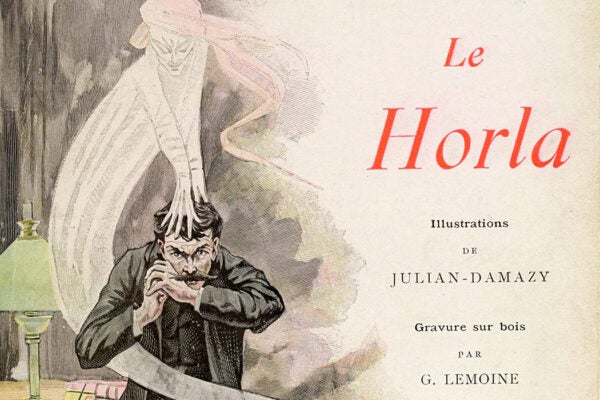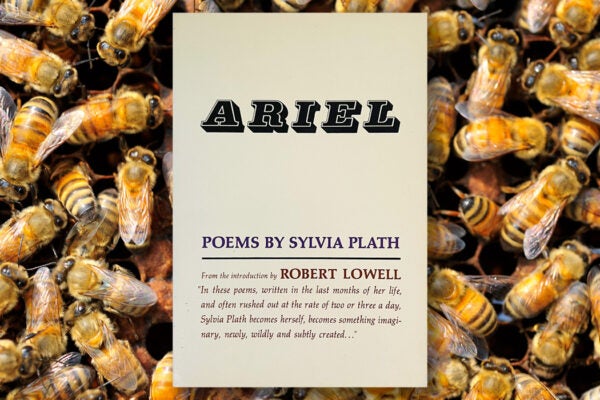What Actually Happened to “The Danish Girl” and Her Wife
Lili Elbe, a Danish-born transgender woman, famously transitioned in the early twentieth century. What did her spouse, Gerda Wegener, think about it?
A Centennial Celebration of Spring and All
William Carlos Williams's hybrid work of poetry and prose both upended narrative conventions and delighted in the wondrous, unifying force of imagination.
Burmese Women Novelists Speak Out
The novels of Ma Ma Lay and Wendy Law-Yone challenge the limits placed on the voices of Burmese women in the twentieth century.
Marianne Moore: Master Mentor
A widely published poet with deep editorial experience, Moore turned out to be the perfect mentor for a Vassar student named Elizabeth Bishop
Book Thieves Take the Story and Run with It
Book theft: the books may be rare, but the crime is not.
Lines of Poetry, Rows of Trees
Ronald Johnson’s Valley of the Many-Colored Grasses, newly re-issued, offers entry into the work of a pioneering master collagist.
Sneaky Racism in a Ghost Story
Guy de Maupassant’s spooky story "The Horla" captured French anxieties about race, foreigners, and contagious diseases.
Sylvia Plath’s Fascination with Bees
The social organization of the apiary gave Sylvia Plath a tool for examining her aesthetic self, even as her personal world slipped into disarray.
Should Readers Trust “Inaccuracy” in Memoirs about Genocide?
To what extent do errors undermine life writing? The question is an urgent one when that writing is testimony to the genocidal actions of the Khmer Rouge.
“Tell Me about a Complicated Man”: A Homer Reading List
The amount of scholarship on Homer and his works can be daunting. We've created this introductory reading list to help guide your explorations.
